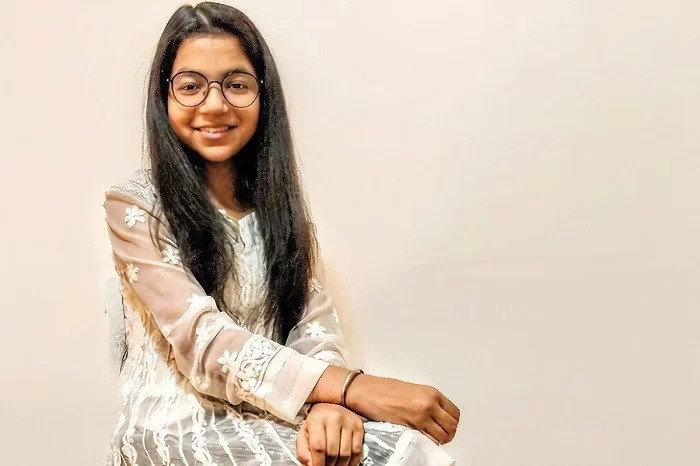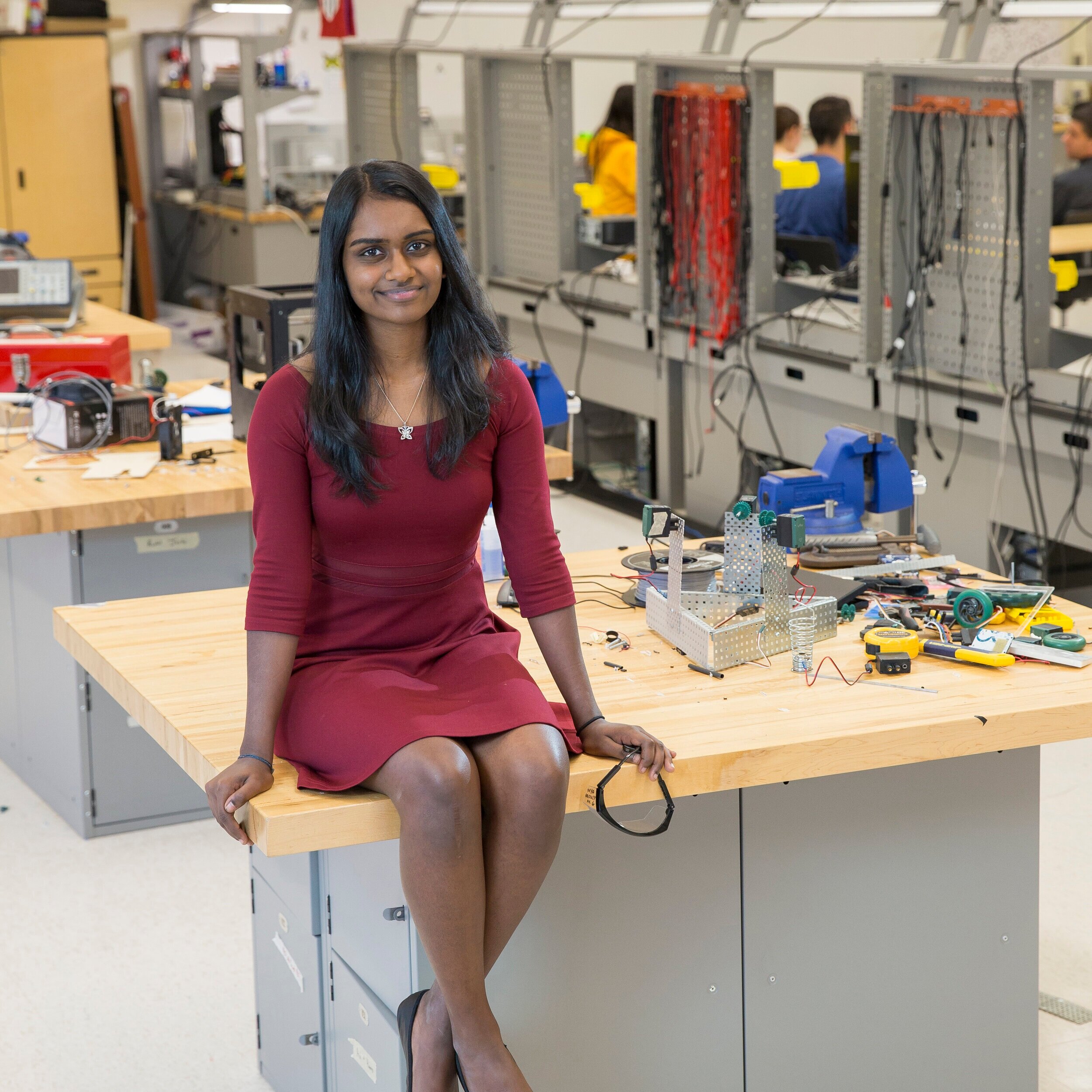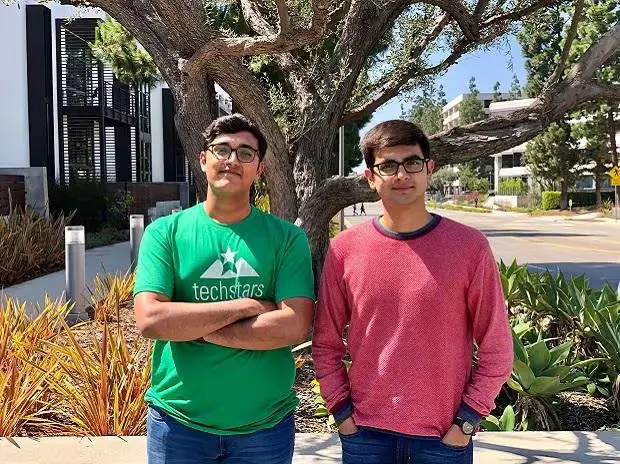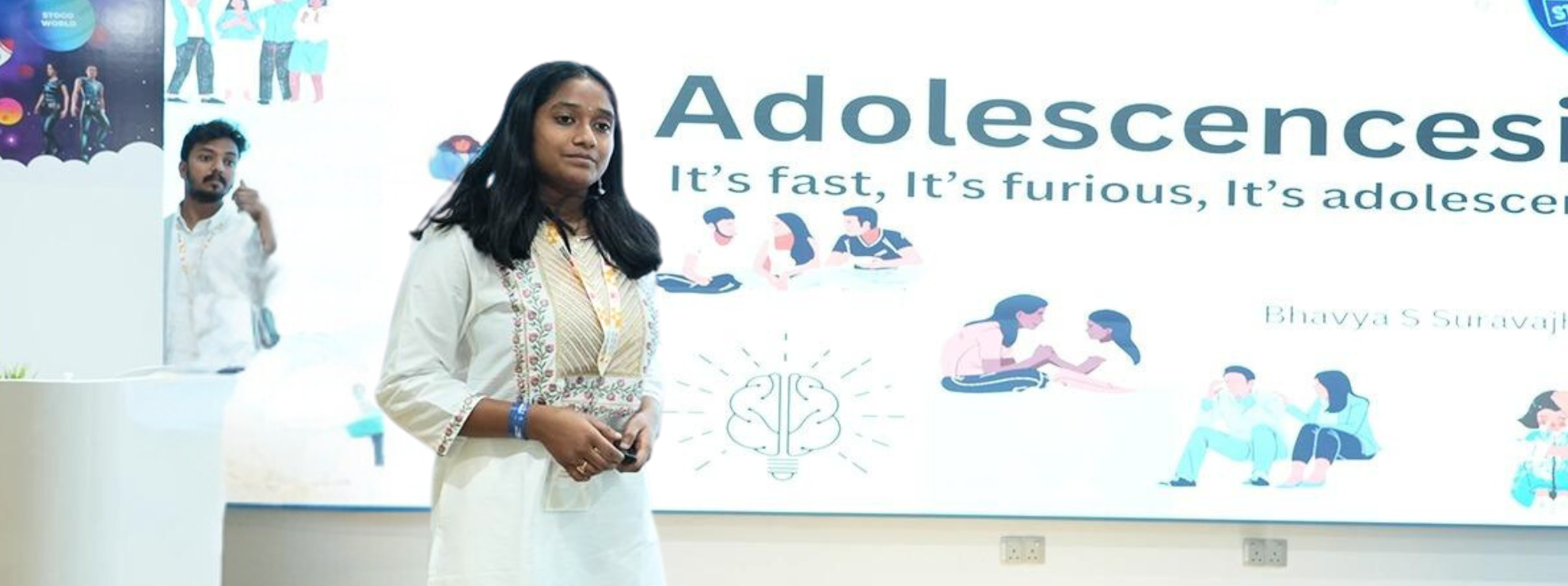(January 1, 2025) In the busy streets of Bengaluru, 19-year-olds Aryan Sharma and Ayush Pathak are transforming workflow management with their startup, Induced AI. Founded in 2023, the company has already gained attention, including support from OpenAI CEO Sam Altman. Induced AI develops virtual AI workers that can handle complex tasks with human-like reasoning, aiming to change how businesses operate.
What makes Induced AI unique is its ability to streamline processes and reduce costs by automating tasks. From routine office work to complex decision-making, their platform offers practical solutions for modern businesses. This is just one example of how young Indians are driving a new wave of AI innovation, putting India on the global tech map.

Pranjali Awasthi, the founder of Delv.ai
A Fertile Ecosystem for Innovation
India’s expanding startup ecosystem, driven by initiatives like Startup India and Digital India, is enabling young entrepreneurs to explore AI. Programs like the National AI Strategy and collaborations with companies like Microsoft and Google are helping develop AI talent early. Events like the Smart India Hackathon challenge students to solve real-world problems with AI, proving that innovation goes beyond research labs.
In addition to government support, AI-focused incubators and accelerators like NASSCOM and T-Hub offer mentorship and funding to aspiring entrepreneurs. These platforms assist young founders in turning their ideas into reality, helping startups succeed in the competitive tech industry.
Meet the Young Innovators
Pranjali Awasthi, a 17-year-old Indian entrepreneur, is making an impact in AI with her startup Delv.AI, which simplifies data extraction for businesses and researchers. Her company is now valued at over $12 million, showing how young innovators like her are solving complex problems and shaping the future of technology.


Kavya Kopparapu
Meanwhile, Kavya Kopparapu, an Indian-American innovator, is using AI to improve healthcare. She created GlioVision, a tool that quickly analyses brain tumor images to help with better diagnosis and treatment, and Eyeagnosis, a smartphone system for detecting diabetic retinopathy. Named one of Time’s 25 Most Influential Teens, she also founded the Girls Computing League to encourage more young people, especially women, to explore technology. Her work shows how AI can make healthcare more accessible and effective.
Another name on the list is Sneha Revanur, an 18-year-old Indian-American, who is leading efforts in AI ethics and policy. At just 15, she founded Encode Justice, a youth-driven organisation advocating for responsible AI development and addressing issues like algorithmic bias and data privacy. Under her leadership, the organisation has expanded globally, engaging in policy advocacy and educational initiatives. Recognized for her impactful work, Sneha became the youngest person featured on TIME Magazine’s list of the 100 Most Influential People in AI, further showcasing the transformative role of youth in shaping the future of AI.
Transforming Lives Through AI
Young innovators in India are not just creating businesses—they’re solving some of the country’s most pressing challenges. They are making education more accessible by creating personalized learning tools in regional languages for underprivileged students. In healthcare, startups are using AI to develop diagnostic tools that deliver affordable and accurate medical services to rural communities.
Agriculture is also benefiting from the AI boom. Young innovators are developing precision farming tools that enhance crop yields, minimize resource wastage, and provide farmers with valuable insights that were once out of reach.


Founders of Pixxel
The ripple effect of these innovations goes beyond India. Startups like Pixxel, founded by Awais Ahmed and Kshitij Khandelwal in 2019, are leveraging AI innovation to analyse hyperspectral satellite images, assisting industries worldwide in making data-driven decisions. Pixxel’s technology captures detailed images across a wide range of the electromagnetic spectrum, providing insights that aid in sectors such as agriculture, environment, mining, and urban planning.
Their work exemplifies how young Global Indian entrepreneurs are contributing to global technological advancements.
The Global Impact of AI
Artificial intelligence is reshaping industries and lives not just in India but across the globe. In healthcare, it is driving breakthroughs like early disease detection and precision medicine, leading to better patient outcomes. In education, AI-powered platforms are tailoring learning experiences for millions, bridging gaps in access and quality. On a global scale, AI tools are helping scientists combat climate change by predicting weather patterns and promoting sustainable practices. From autonomous vehicles to advanced robotics, AI is shaping a future where technology and humanity collaborate to address the world’s most pressing challenges.
The Future of AI in India: 2025 and Beyond
As we enter 2025, India’s position in the global AI ecosystem is taking shape. The country is harnessing its immense tech talent and entrepreneurial energy to develop AI solutions that tackle both local and global challenges. From predictive diagnostics in healthcare to personalised learning tools in education, AI is becoming an integral part of daily life in India.


Sneha Revanur
Startups are breaking new ground, especially in agriculture and sustainability. AI is helping create climate-resilient farming methods and giving farmers tools to adapt to changing weather. In healthcare, telemedicine and AI are closing the gap between urban and rural areas by providing affordable solutions to millions.
India’s youth continues to lead the way, supported by a stronger focus on AI innovation in education and more opportunities for research and innovation. The growth of quantum computing in India is boosting AI’s potential, enabling breakthroughs that were once impossible.
Despite the progress, significant challenges remain. Issues like data privacy, algorithmic biases, and the risk of job loss are pressing concerns. To ensure AI develops ethically and sustainably, collaboration among policymakers, industry leaders, and young innovators will be essential.
Looking ahead, India’s AI landscape is a story of progress and possibility. Young entrepreneurs are not just creating cutting-edge technologies but are also redefining what AI can achieve for communities across the nation and beyond.





